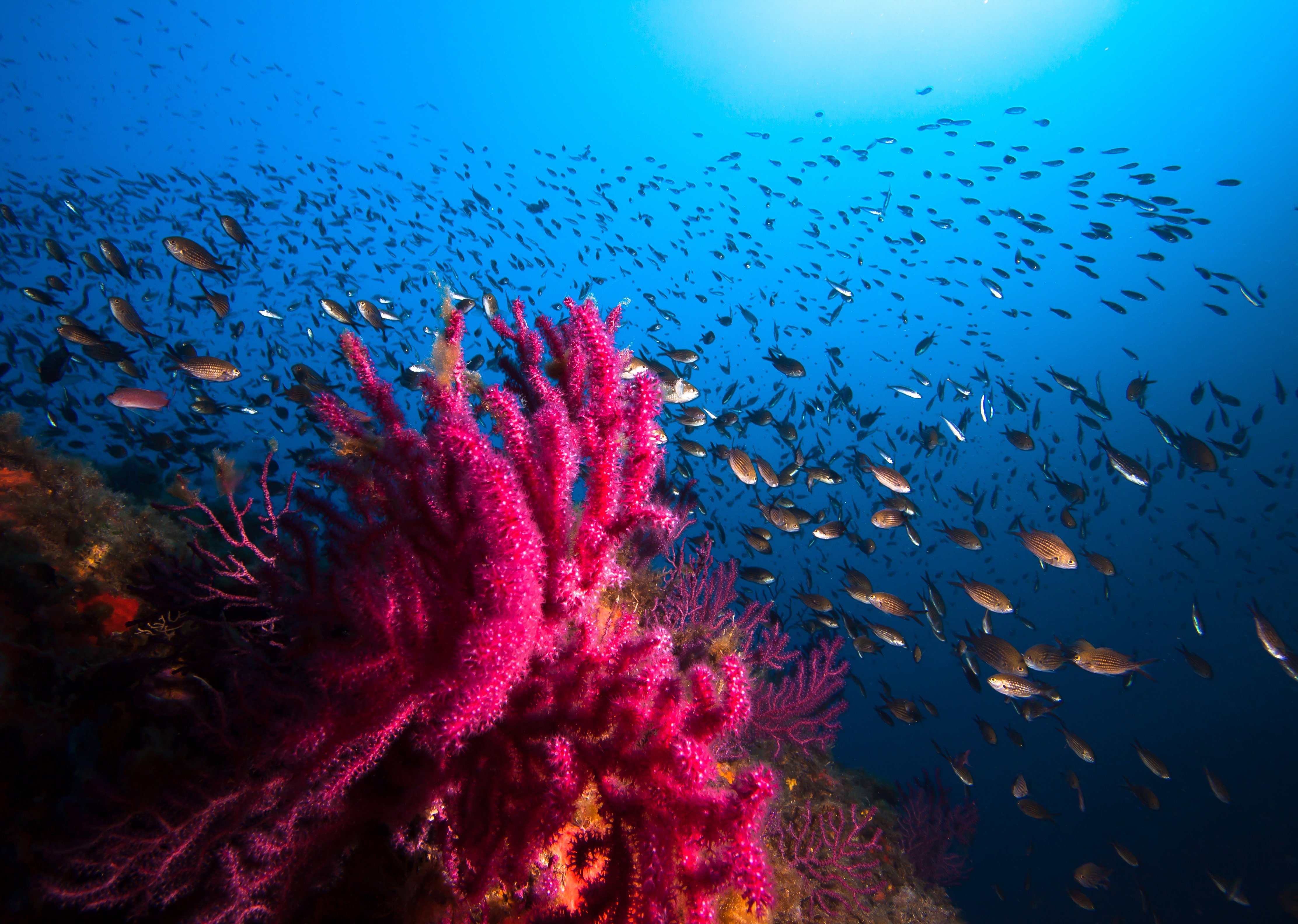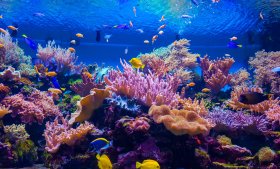Strategies to Mitigate Coral Reef Damage and Preserve Global Biodiversity

Coral reefs are among the most diverse and valuable ecosystems on Earth, supporting a vast array of marine life. However, these vibrant underwater landscapes are under threat due to degradation caused by climate change, pollution, and human activities. Understanding how coral reef degradation affects global biodiversity is crucial for developing effective strategies to protect these ecosystems and the species they support.
The Importance of Coral Reefs for Global Biodiversity
Coral reefs cover less than 1% of the ocean floor but are home to approximately 25% of all marine species. They provide essential habitats for fish, invertebrates, and other marine organisms. This biodiversity not only supports ecological balance but also sustains fishing industries and coastal protection worldwide. The loss of coral reefs thus has far-reaching impacts beyond their immediate environment.
How Coral Reef Degradation Impacts Marine Life
Degradation of coral reefs—through bleaching events, ocean acidification, overfishing, and pollution—leads to habitat loss and reduced species diversity. As corals die off or weaken, many fish and invertebrates lose their shelter and breeding grounds. This decline disrupts food webs, reduces genetic diversity among populations, and threatens the survival of many species dependent on reef ecosystems.
Global Consequences of Declining Coral Reefs
The effects of coral reef degradation extend globally by affecting fisheries that millions rely on for food security. Additionally, diminished reef health lessens natural coastal defenses against storms and erosion, increasing vulnerability for human communities. Economically significant tourism industries also suffer from reduced reef attractiveness. These factors highlight why preserving coral reefs is vital not only environmentally but socially and economically.
Strategies to Mitigate Coral Reef Damage
Effective strategies include reducing greenhouse gas emissions to combat climate change-related stressors such as warming oceans; implementing marine protected areas to limit overfishing; regulating coastal development to reduce pollution runoff; promoting sustainable tourism practices; restoring damaged reefs through coral farming; and engaging local communities in conservation efforts.
The Role of Global Cooperation in Preserving Biodiversity
Because coral reef health is a global concern transcending national boundaries, international collaboration is essential. Sharing scientific research data helps improve understanding of degradation patterns while coordinated policy efforts can strengthen environmental protections worldwide. Public awareness campaigns further encourage responsible behaviors that benefit reefs globally.
Protecting coral reefs from further degradation is critical for maintaining global biodiversity and the many benefits it provides humanity. Through combined scientific innovation, policy implementation, conservation actions, and global cooperation we can mitigate damage effectively—ensuring vibrant coral ecosystems continue thriving into the future.
This text was generated using a large language model, and select text has been reviewed and moderated for purposes such as readability.











